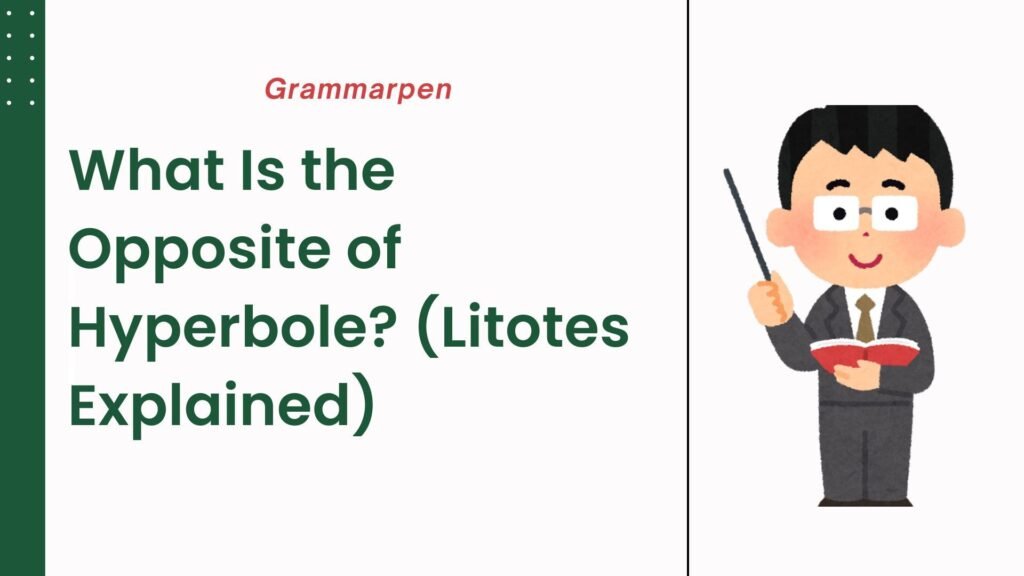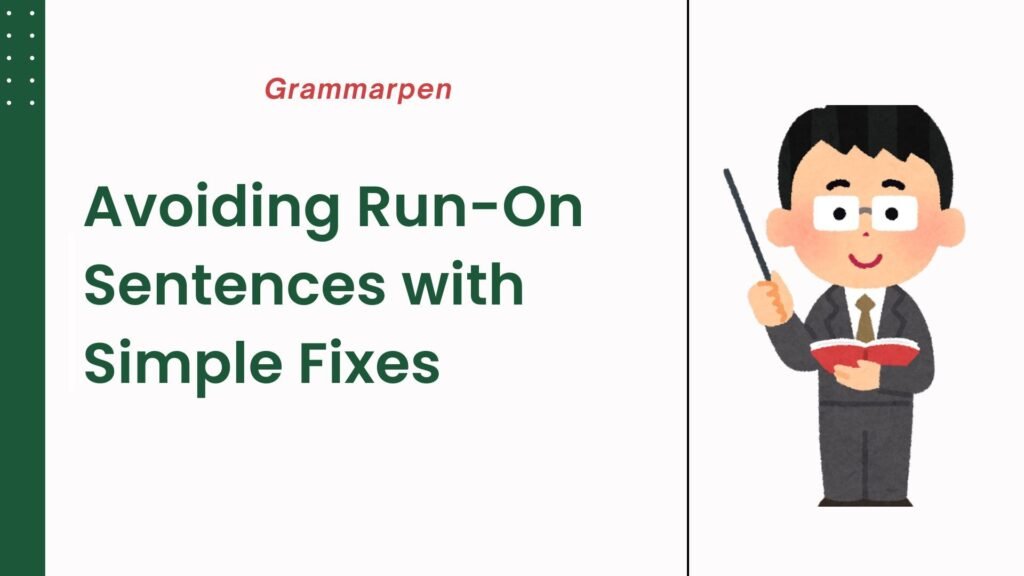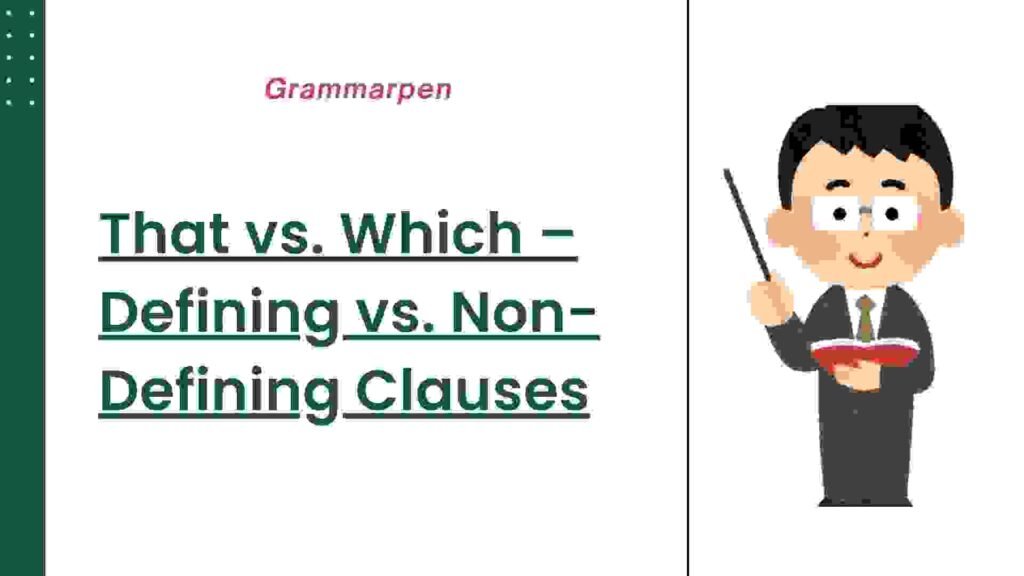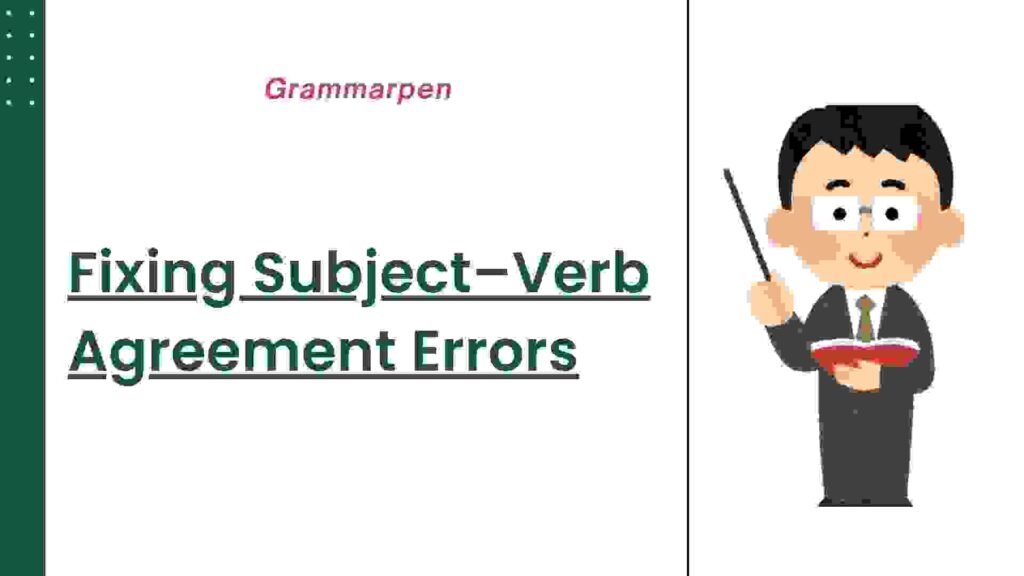What Is the Opposite of Hyperbole? (Litotes Explained)
When people talk about exaggeration in language, they often mention hyperbole. Phrases like “I’m starving” or “This bag weighs a ton” are examples of stretching the truth for effect. But what if we want to express something in a quieter, more reserved way? Is there a rhetorical device that does the opposite of exaggeration? Yes,…
Read more










